Locarno 74: The return of the big screen, big time
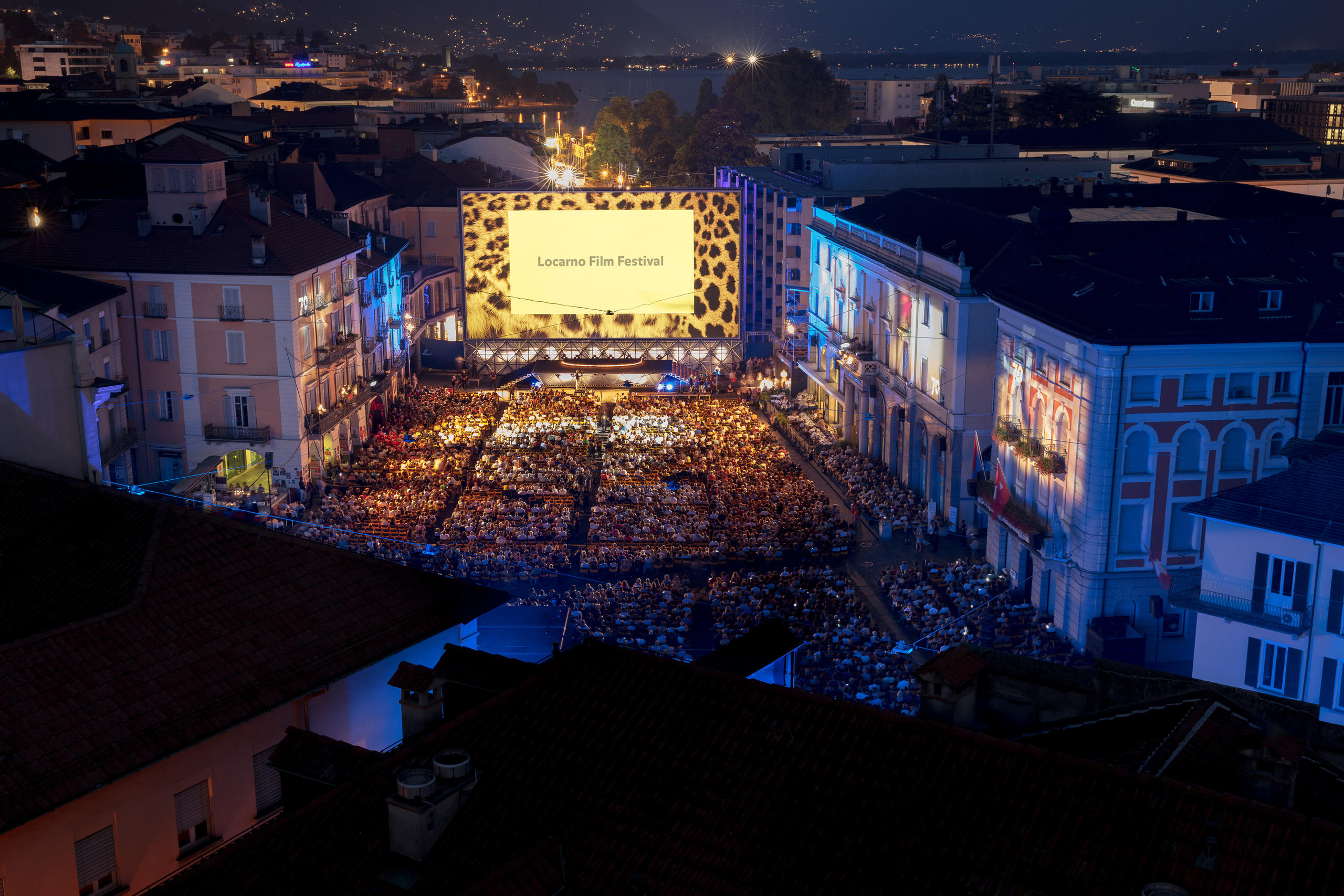
Locarno is always full of surprises, but this year's edition of the festival is doubly unique. It is not just the Covid-19 measures in place that give it a different feel. It will also be the first edition curated by Giona A. Nazzaro, a walking encyclopaedia of cinema who also doubles as an eminent expert on action movies.
This edition, which starts on Wednesday, is being hailed as the “Safe Festival”, which means that it will be virtually impossible to attend it without a Covid-19 vaccine certificate, a proof of prior infection, or a PCR test. All of this is to ensure that Nazzaro’s main goal, namely the safe return to the big screen experience, is achieved.
It’s not just the pandemic that kept audiences tuned in to their small screens at home. The film industry and the way we watch movies are being challenged by radical changes in production and distribution. The emergence of streaming services as major players in all aspects of film making, as Nazzaro discussed in an interview with SWI swissinfo.ch, is just one of the changes.
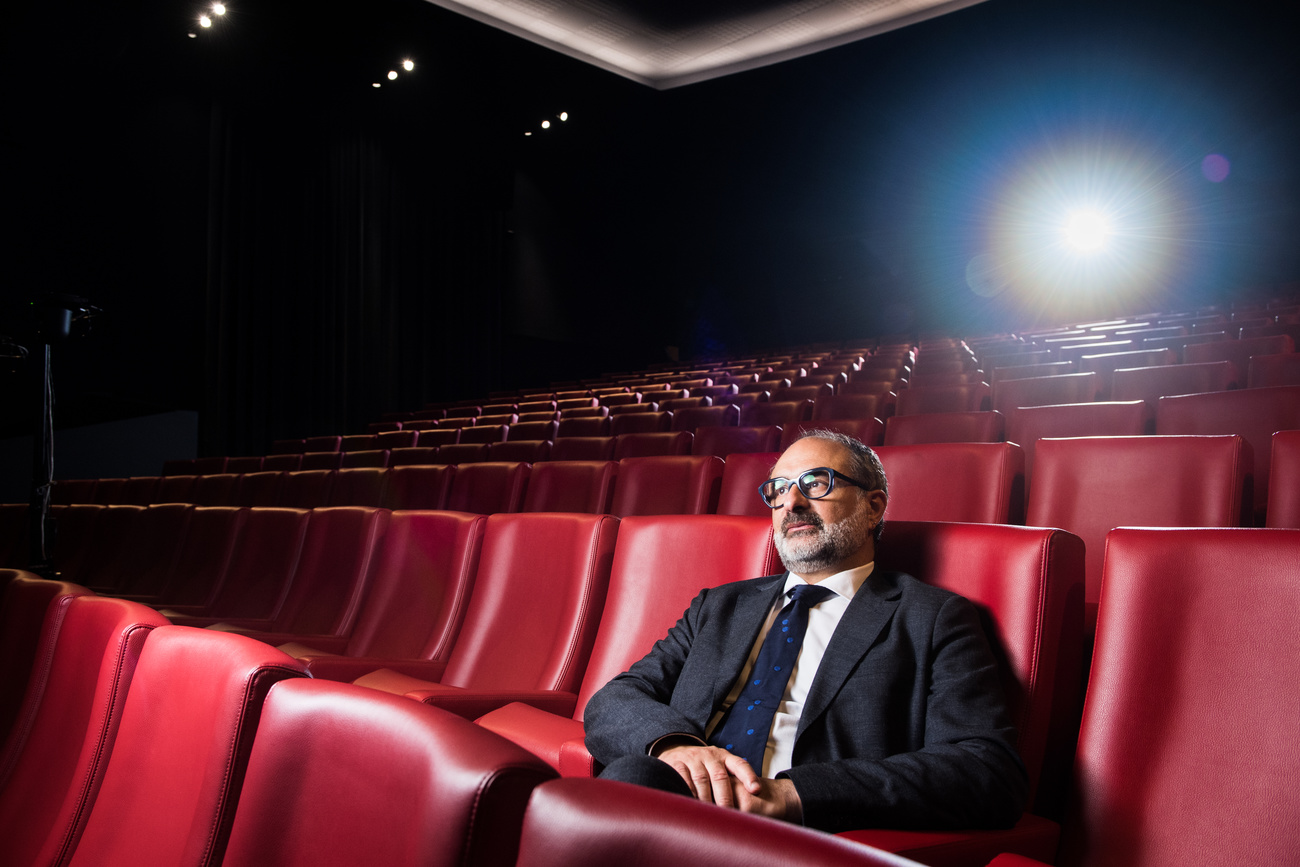
More
‘Locarno in summer is a safe bet’, says new festival director
The marathon
Viewers will be able to choose from 209 films screened over ten days at the Locarno festival. The movie marathon in store for the festivalgoer starts with selecting which films to watch. Here are some of the pearls the festival offers this year.
Beckett, the film that opens the Piazza Grande sessions, is already one of the most highly anticipated – and a bold move with Nazzaro’s very personal imprint. This Italian thriller will have its world premiere in the biggest open-air screen in the world just over a week before its release on Netflix, slated for August 13.
The inclusion of films produced by streaming platforms in prestigious festivals is still somewhat taboo – Cannes, for instance,External link has resisted such films. Nazzaro, however, is not constrained by traditions or rules.
Dreadful fantasies
Science fiction, dystopias, and catastrophes are notably conspicuous in the programme, reflecting the social movements around the world and a time when the Covid-19 pandemic and climate crisis are dominating headlines. One to look out for is the experimental animation Mad God (US), that took its creator, Phil Tippett, 30 years to make. Tippett is a wizard of visual effects and he will also be honoured for a couple of his masterworks, RoboCop (1987) and Starship Troopers (1997), both directed by Paul Verhoeven.
Science fiction isn’t necessarily futuristic. We already live in a world that was imagined with dreadful prescience by the sci-fi films and comics in the last decades of the 20th century. The current dystopias transcend languages and cultures, as shown by the Korean film Sinkhole (Sing-keu-hol), the French After Blue (Paradis Sale), Free Guy (US), the Spanish The Sacred Spirit (Espíritu Sagrado), From the Planet of the Humans (Italy), and Zeros and Ones by the controversial American director Abel Ferrara (of Bad Lieutenant and King of New York fame).
There is no stylised violence in Ferrara’s work. In the 1980s and 1990s his realistic and shocking depictions of the underworld of drugs and sex (he started in the business with hardcore porn) provoked, together with a list of “video nastiesExternal link”, a moralist backlash in the UK that led to a tougher ratings legislation. But now Ferrara is scrubbed clean. He is a Buddhist and an American in exile in Rome, where he has lived for almost 20 years. And he will be in Locarno, too.
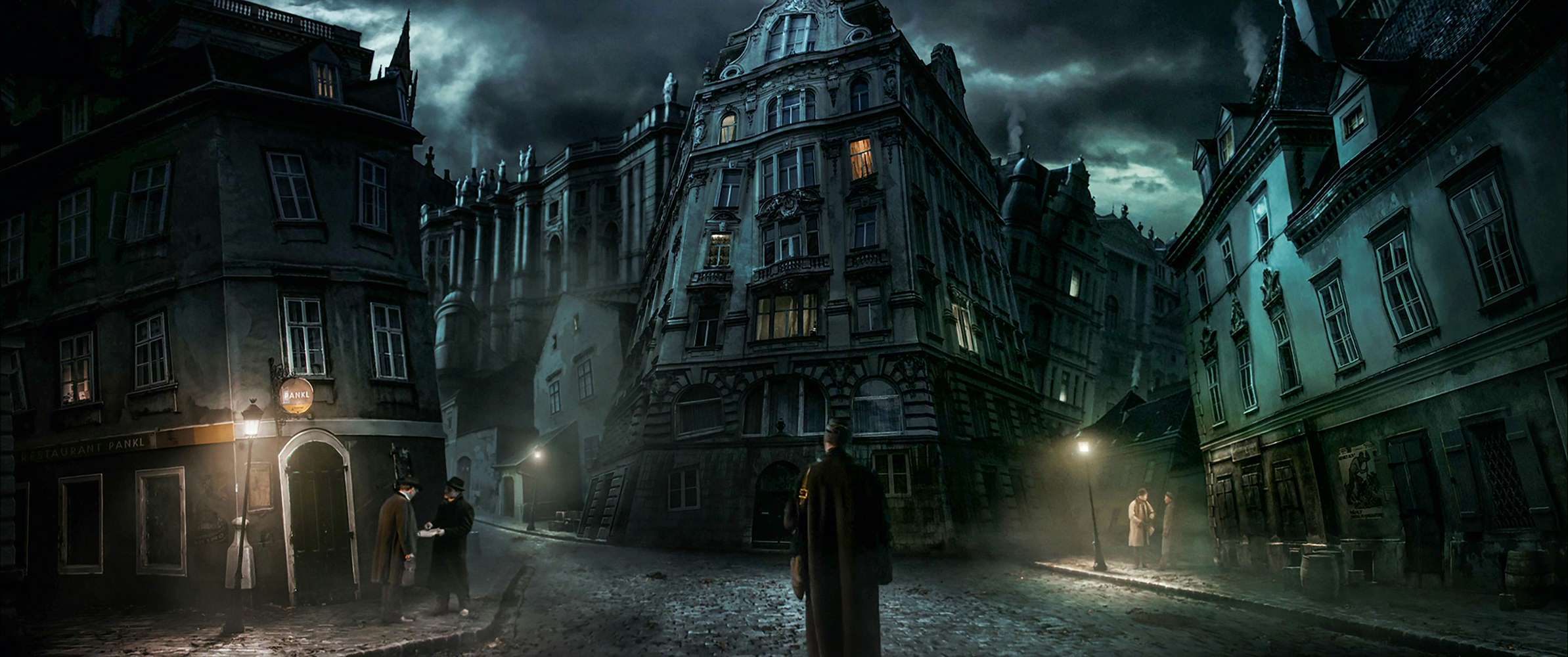
No kids play
The multicultural feast on the festival’s programme has a missing ingredient, however, namely Japanese cinema. To compensate, Locarno honours the Japanese anime creator Mamoru HosodaExternal link by showing three of his films – including his latest, Belle – and introducing the first Locarno Kids Award. But don’t be fooled. Hosoda’s art is no kid’s play. Launched to world-wide fame with the DigimonExternal link movies in the turn of this century, Hosoda now runs his own studio and is one of the most respected creators in the anime universe.
Unfortunately, Hosoda will not be present to receive his award, but the list of notable guests is, well, quite notable. The guest of honour this year is John Landis, a director who revitalised American comedy and launched the careers of many illustrious immortals like John Belushi (National Lampoon’s Animal House, 1978) and Dan Aykroyd with The Blues Brothers (also with Belushi, 1982). Landis propelled Eddie Murphy to stardom with Trading Places (with Aykroyd, 1983) and Coming to America (1988), but he also went much beyond comedy. Remember The Twilight Zone anyone? Landis’s filmography also includes documentaries, music videos and horror flicks for TV, among others.
Masters, old and new
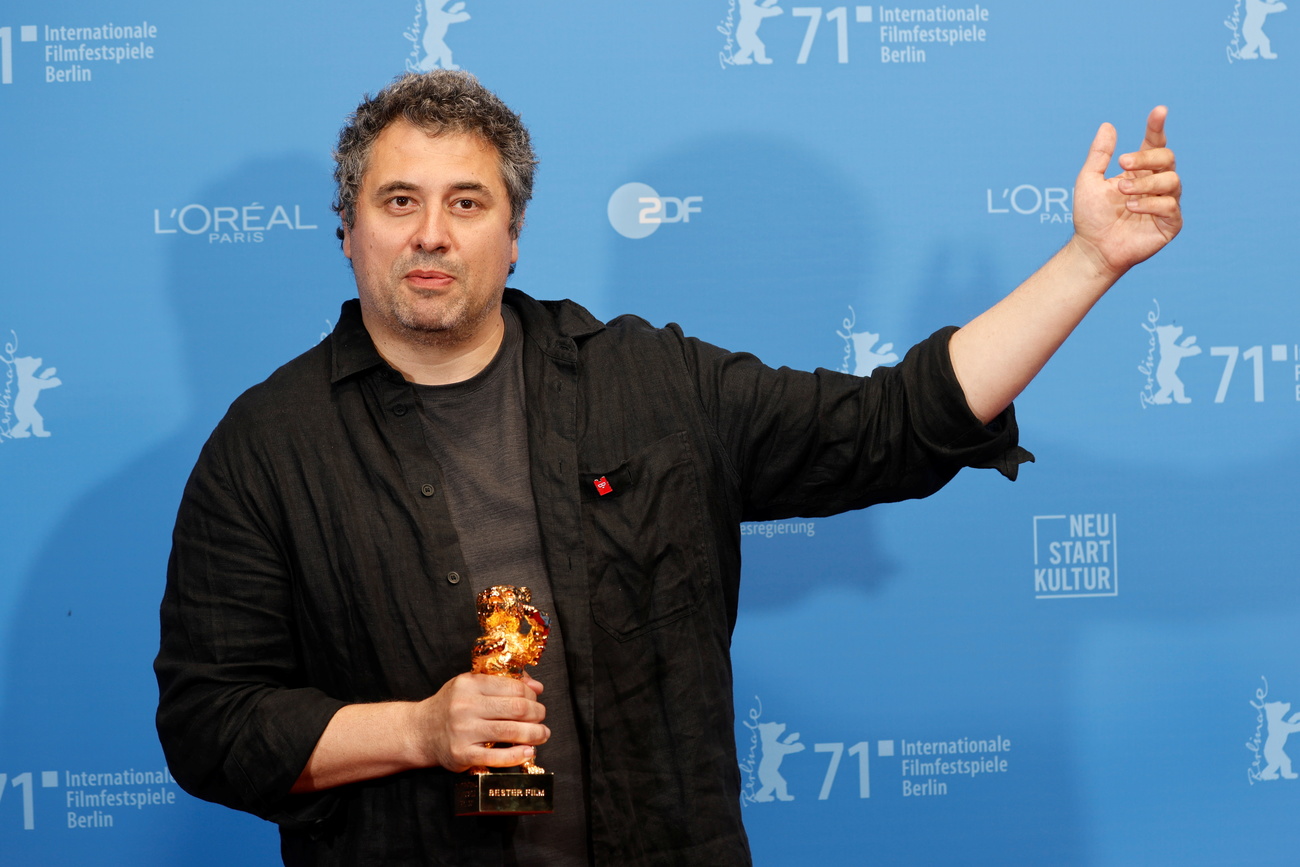
So, Hollywood and US cinema are very well represented. But a most distinguished presence in the festival will be the Romanian director Radu Jude, who won the Golden BearExternal link, the biggest prize at the Berlin festival, earlier this year with Bad Luck Banging or Loony Porn. Locarno will welcome Jude’s latest short length movie, Caricaturana, granting us a total of nine minutes of his genius. But at least he will be present at the festival with his good humour and spirited insights on cinema and politics.
Another fixture of Locarno is the Retrospective (with a capital R: always a great opportunity to discover, or rediscover in depth, the oeuvre of a great director or important moments/movements in cinema history). For this year, Nazzaro has chosen to shine the spotlight on a comprehensive selection of Alberto LattuadaExternal link’s works. Never heard of him? No worries. Lattuada is a forgotten hero of Italian cinema, from the same stock of all those other cult directors we love, such as Fellini, Antonioni and Monicelli.
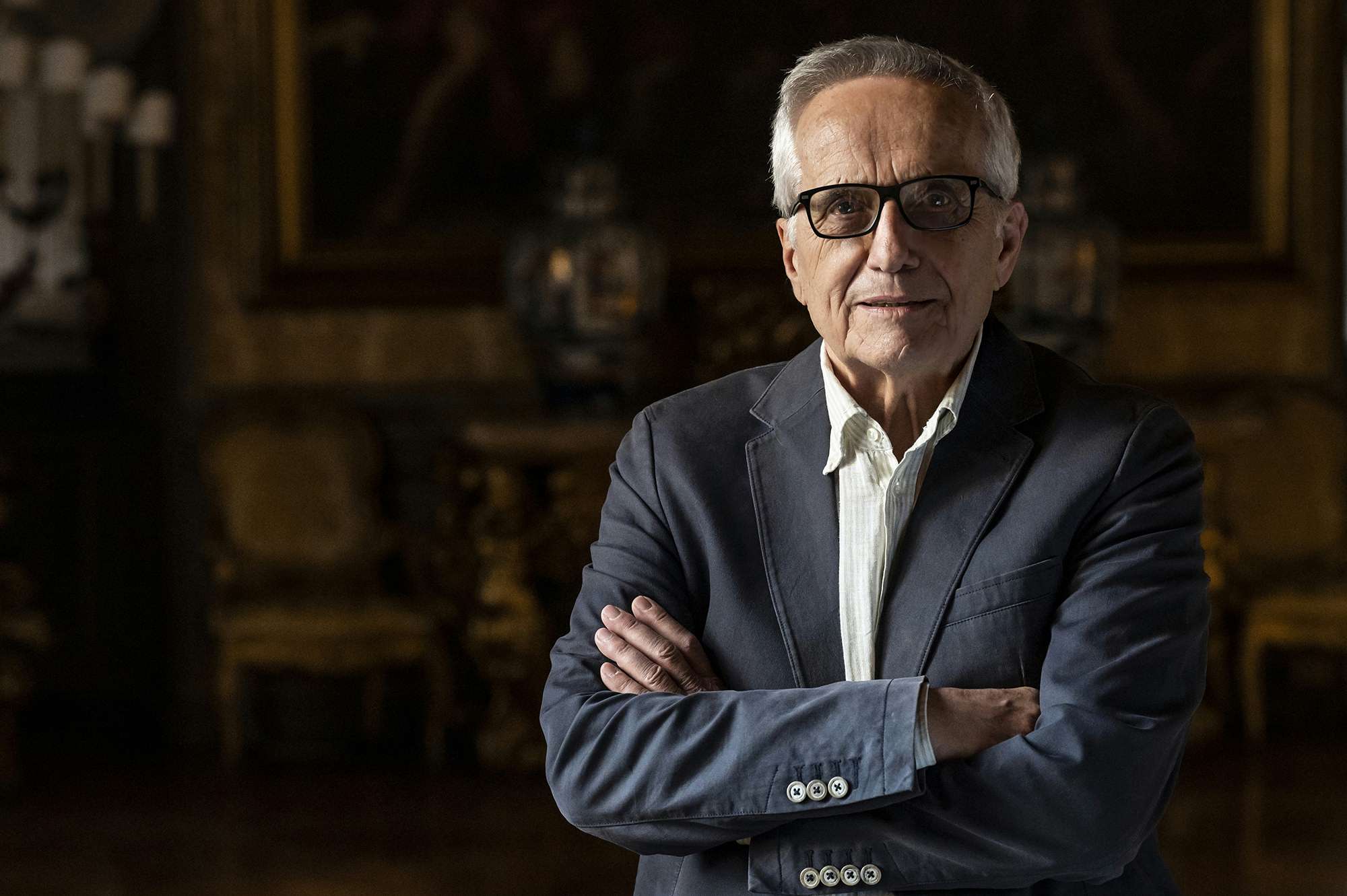
Meanwhile, the international competitions span all continents and dozens of languages; short-length films signed by established directors in a new section, Corti d’autoreExternal link (Shorts by auteurs); tributes to personalities of European film and to the early ages of movies (Safety Last!, 1923, with the comedy genius Harold Lloyd); and a hardcore challenge for hardcore cinephiles: the Portuguese film Pathos Ethos Logos, that runs for ten hours and 41 minutes. But don’t worry, it will be screened in three parts.
It is hard to sum up the curiosities and treasures Locarno is bringing in a short article, but follow our special coverage of the festival and keep updated on the trends, novelties, debates and critical appraisals by the SWI swissinfo.ch team and Locarno’s Critics AcademyExternal link - ten young film and media critics from all over the world selected for an intense immersion in the film world. This year they come from Vietnam, Romania, Hungary, Brazil, Chile, Dominican Republic, the UK, and Switzerland.
Turn on and tune in #LocarnoCloseup! (also on Instagram and Facebook)

More
#LocarnoCloseup

In compliance with the JTI standards
More: SWI swissinfo.ch certified by the Journalism Trust Initiative
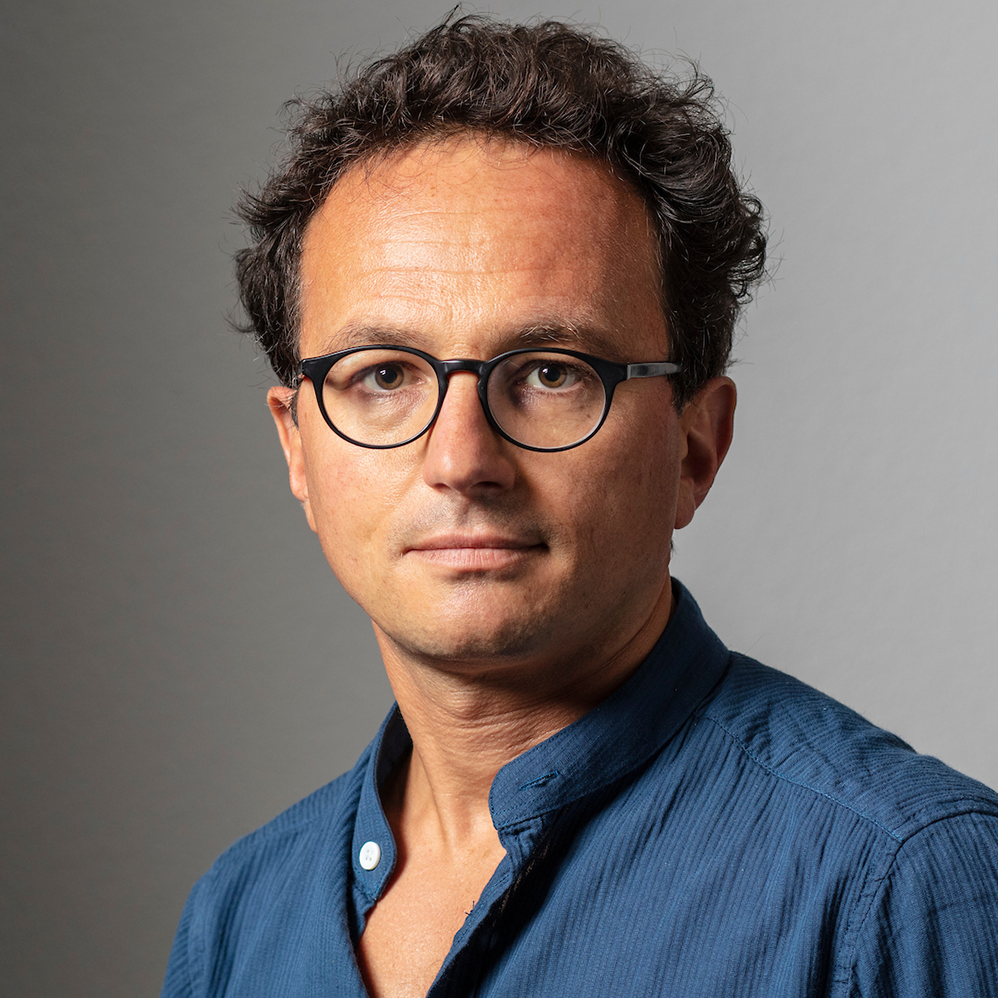
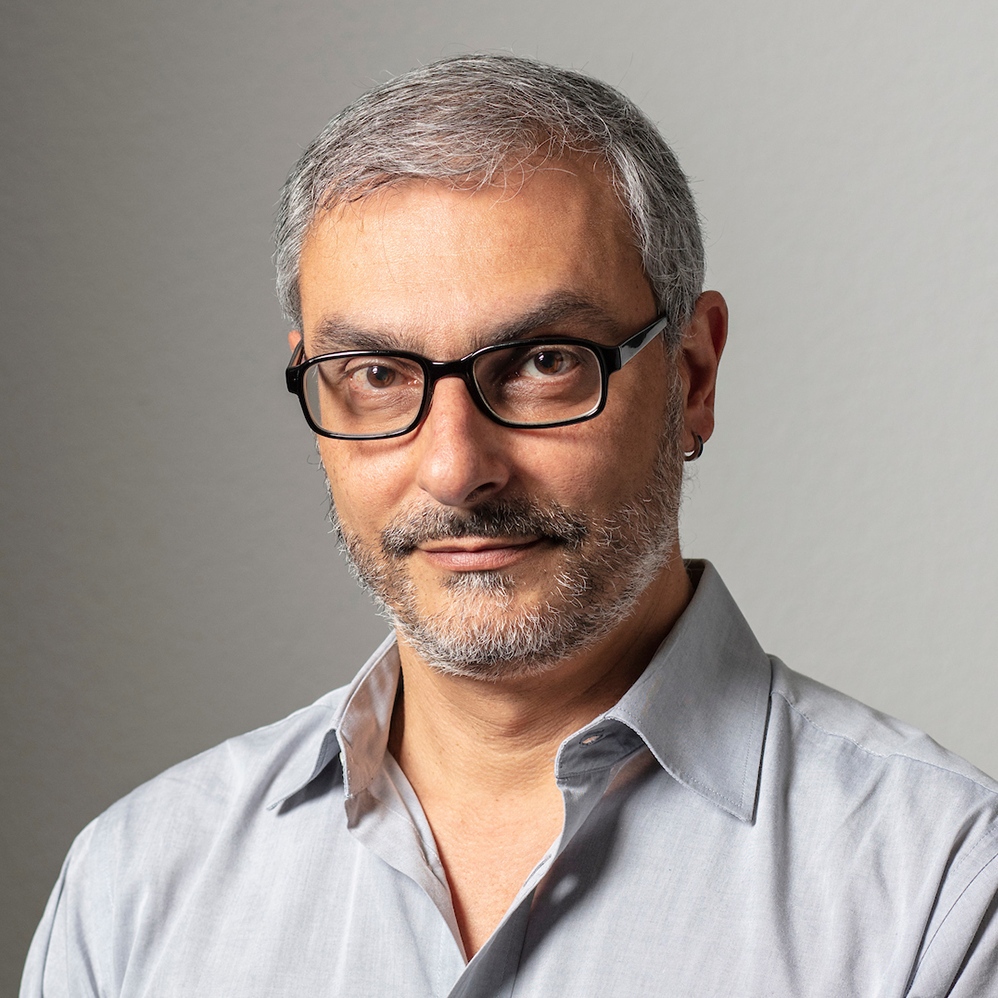
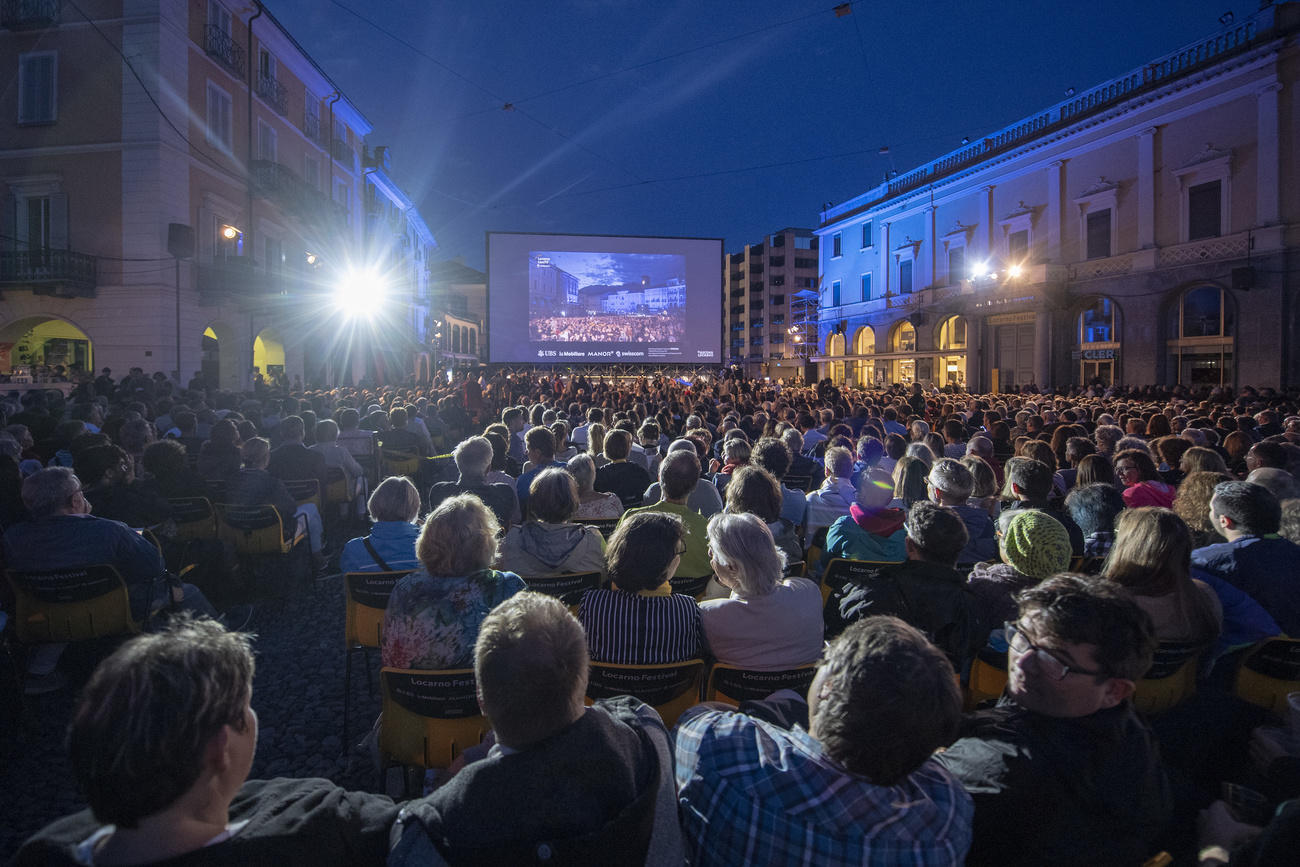
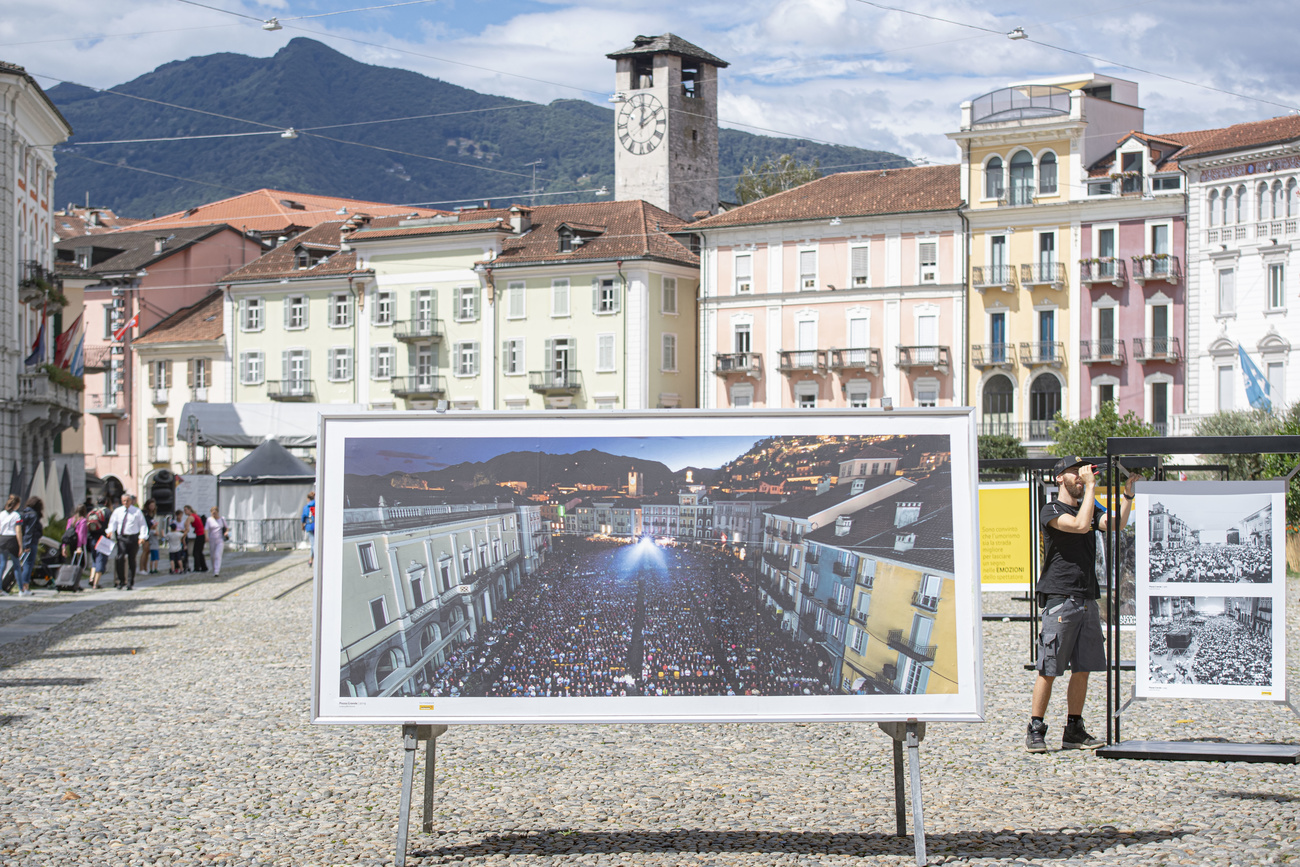
You can find an overview of ongoing debates with our journalists here. Please join us!
If you want to start a conversation about a topic raised in this article or want to report factual errors, email us at english@swissinfo.ch.